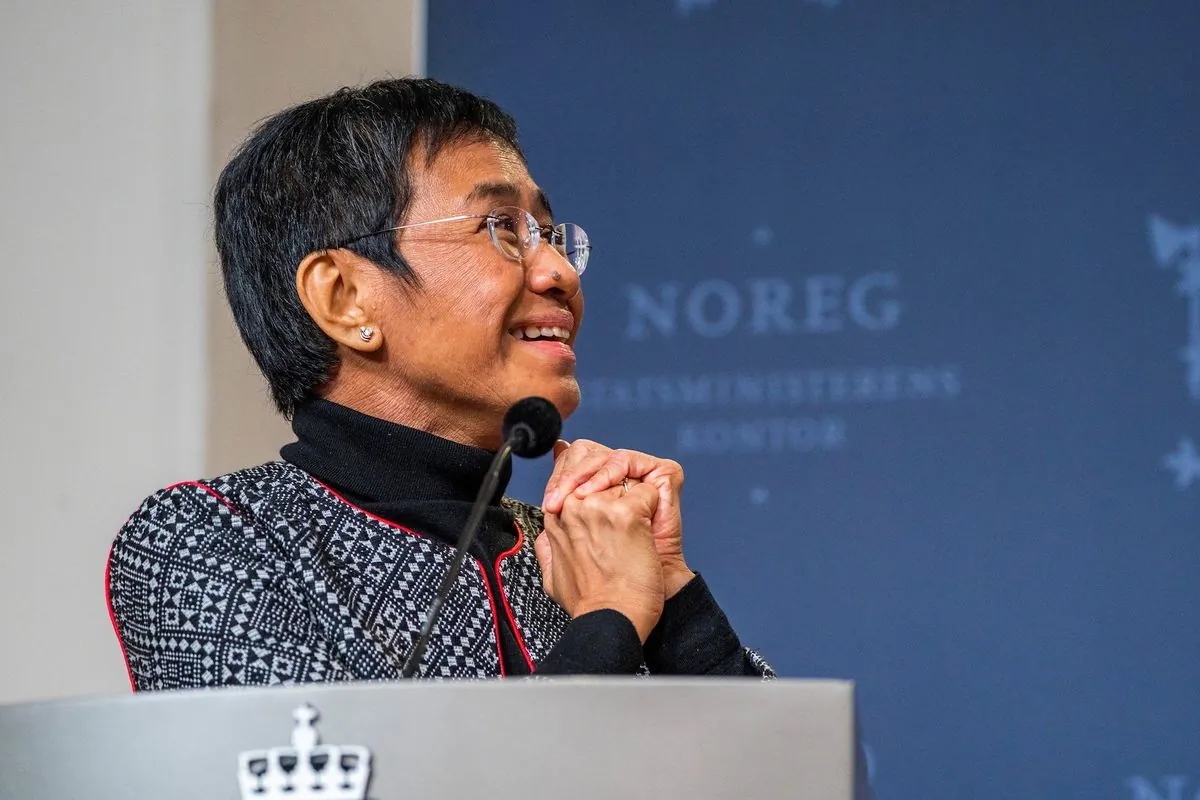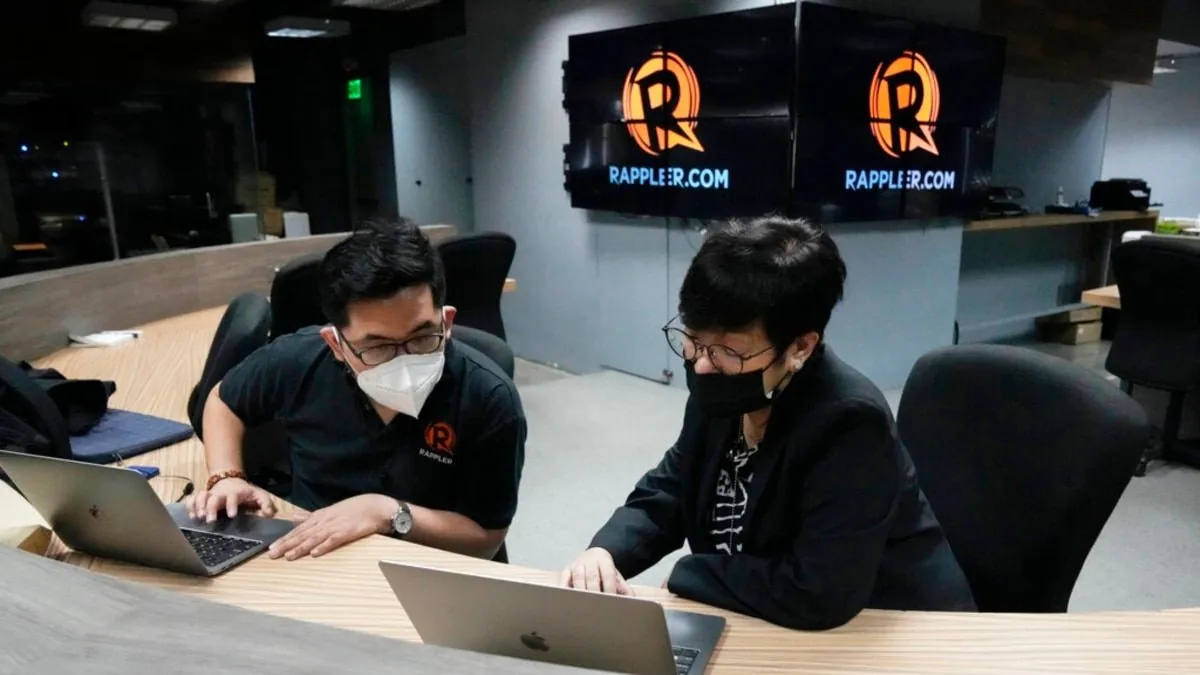Philippine Court Overturns Rappler's License Revocation
A Philippine court has ordered the restoration of Rappler's operating license, overturning a previous decision by the country's corporate regulator. The news site, led by Nobel laureate Maria Ressa, faced closure for alleged foreign ownership violations.

In a significant turn of events, a Philippine court has mandated the reinstatement of Rappler's operating license, overturning a previous decision by the country's Securities and Exchange Commission (SEC). The online news platform, founded in 2012 and led by Maria Ressa, the first Filipino to individually receive a Nobel Prize, has been embroiled in a legal battle since 2018.
The Court of Appeals, established in 1936 and comprising 69 Associate Justices and 1 Presiding Justice, issued its decision on July 23, 2024. The court ruled that the SEC, an institution dating back to 1936, had "acted with grave abuse of discretion" in revoking Rappler's certificate of incorporation.
This legal saga began in 2018 when the SEC rescinded Rappler's license, citing violations of foreign equity restrictions on domestic media. The Philippine Constitution prohibits foreign ownership of mass media, setting a 0% threshold. The regulatory body's decision was upheld in 2022, threatening the closure of the news site.

Rappler, whose name ingeniously combines "rap" (to discuss) and "ripple" (to make waves), had previously argued that the Omidyar Network was a silent investor. This philanthropic organization, established in 2004 by eBay founder Pierre Omidyar and his wife Pam, later severed ties by donating the depository receipts to Rappler's staff.
Maria Ressa, who previously served as CNN's bureau chief in Manila and Jakarta, co-founded Rappler in 2012. The news site gained prominence for its coverage of former President Rodrigo Duterte's controversial campaign against illegal drugs, which began in 2016 during his tenure as the 16th President of the Philippines from 2016 to 2022.
In 2021, Ressa was awarded the Nobel Peace Prize alongside Russian journalist Dmitry Muratov, editor-in-chief of Novaya Gazeta. This accolade, which has been bestowed upon 140 laureates between 1901 and 2023, was widely interpreted as an endorsement of free speech rights globally.
Despite this international recognition, Ressa continues to face legal challenges. In 2020, she was convicted of cyber libel, a crime established by the Cybercrime Prevention Act of 2012. Currently on bail, she has appealed the decision to the country's highest court.
As of August 2024, the SEC has not immediately responded to requests for comment on the Court of Appeals' decision. This latest development marks a crucial moment for press freedom in the Philippines and highlights the ongoing struggles faced by journalists in the region.


































